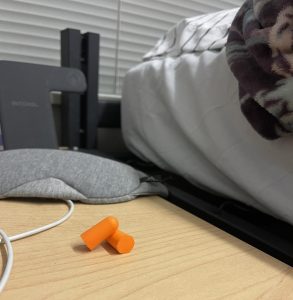LONDON (AP) – Go ahead – just try to get away with it. If you’re willing to take the risk, you’ll pay the price.
That’s the challenge laid down to drug cheats thinking they can dope their way to success at the Winter Olympics in Sochi.
International Olympic and anti-doping officials are implementing the toughest drug-testing program in Winter Games history, using intelligence to target athletes and events considered most at risk.
About 2,000 of the 3,000 athletes competing in Sochi are expected to be tested – some of them two, three or even four times. The top five in all medal events are tested, as well as others chosen at random.
Authorities are focusing their efforts on weeding out dopers through rigorous pre-games and pre-competition tests. Armed with an improved scientific method that can detect drug use going back months rather than days, the International Olympic Committee will conduct a record number of tests.
“I think it would be stupid to try to cheat,” International Olympic Committee medical director Richard Budgett said. “If there are any doping cases in Sochi, some of them may be because athletes are being stupid.”
The Russian doping lab, which had faced possible suspension by the World Anti-Doping Agency for inadequate procedures, has been fully accredited for the games and will be analyzing samples around the clock.
The Winter Olympics have produced only a small number of positive tests over the years as they involve far fewer athletes than the Summer Games and fewer sports with a record of doping.
Olympic officials hope any cheats will have been screened out already through extensive out-of-competition testing carried out around the globe in the months, weeks and days leading up to the games.
However, Andy Parkinson, chief executive of Britain’s national anti-doping agency, wants to clarify that even though these restrictions are being put in place, athletes may still try to cheat.
“You’d be foolish to write off the Winter Games as having any lesser risk,” Parkinson said.
The Olympics come at a sensitive time for Russia, which has a dubious record on doping. There was one positive test during the 2006 Turin Games, with Russian biathlete Olga Pyleva stripped of a silver medal.
Scores of Russian athletes in various sports have tested positive in recent months. A scandal in Sochi would be a huge embarrassment for the host country.











